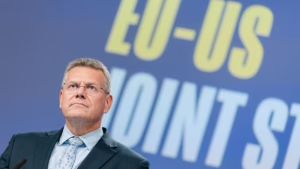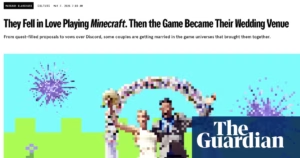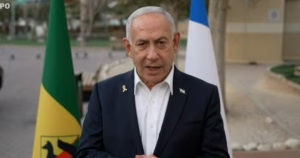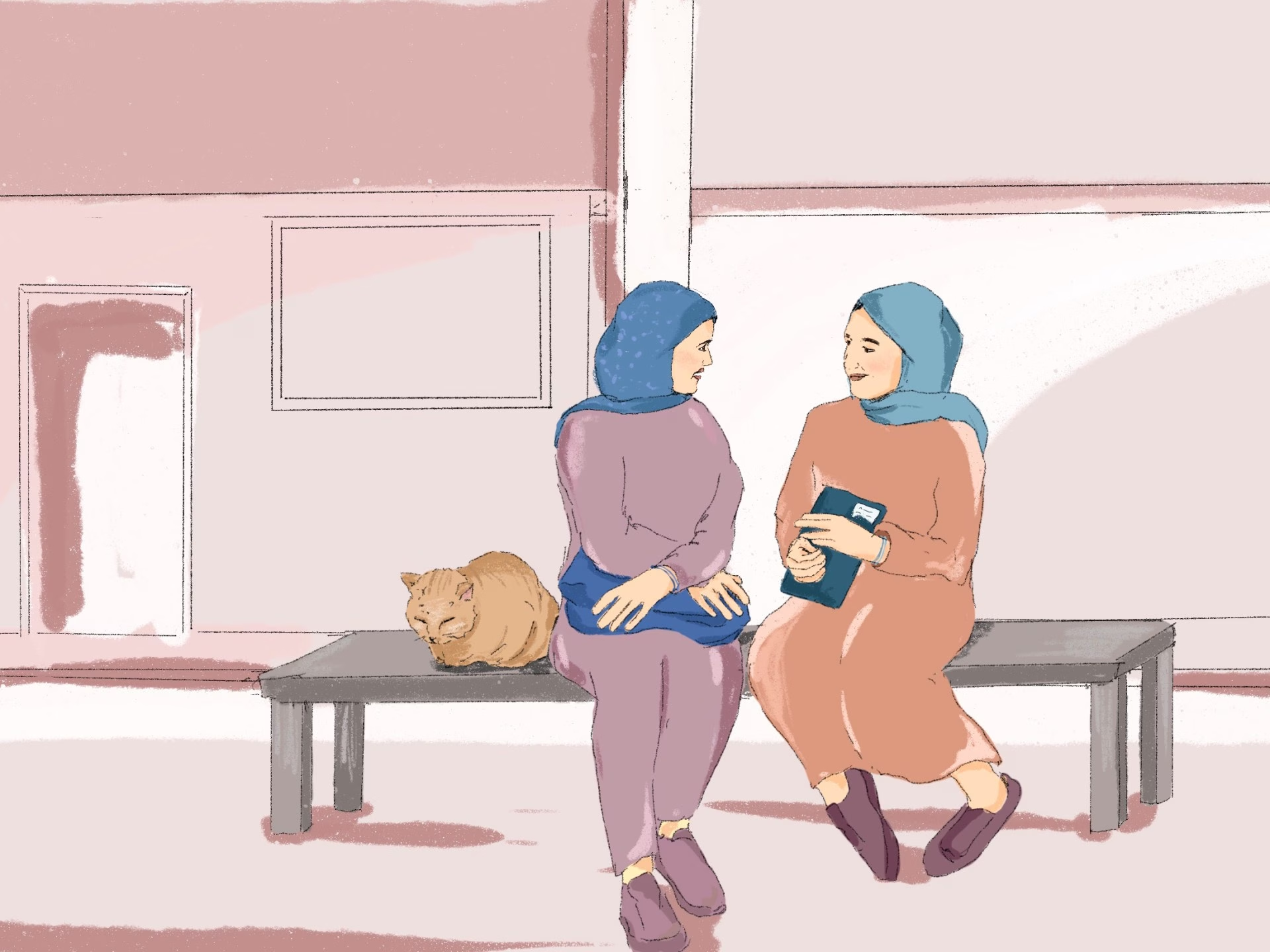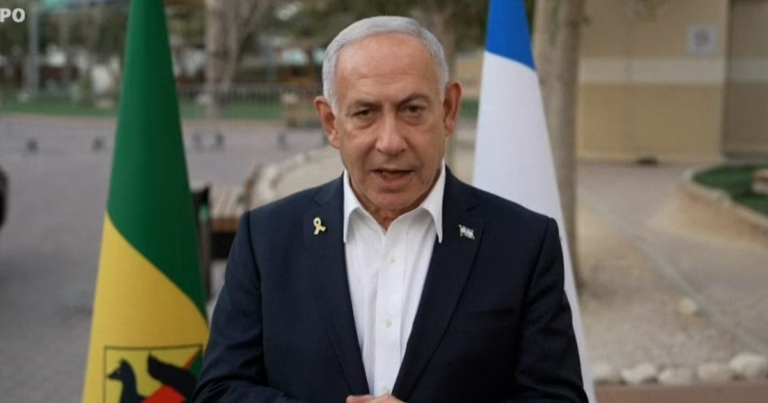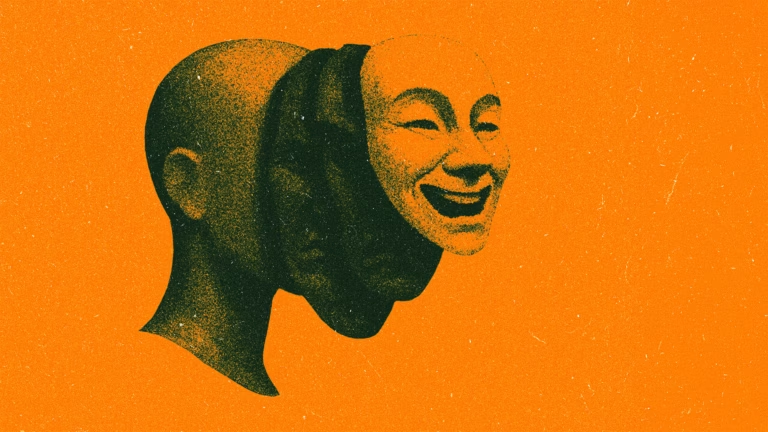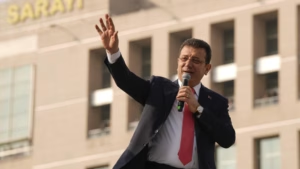Malak was more than just a friend; she was like a sister to me. We were both nine years old when we met at the Hamama School for Girls in the Sheikh Radwan neighborhood of Gaza City in 2019. That was the year Malak’s family moved into an apartment just a few buildings away from mine. From the moment she joined our school, we introduced ourselves, and from then on, we walked to and from school together every day.
Back then, Sheikh Radwan was our whole world. We had beautiful buildings and shops where we would buy sweets. Everyone knew each other. Children played together in the streets and called the adults among them aunts and uncles. Initially, I thought Malak blushed easily because she was new at school. But over time, I realized that her shyness and quietness were just parts of who she was. Her name, Malak, means “angel,” and it suited her so well.
She always cared about our classmates, comforting them whenever they were upset and helping others with their homework. I was closer to Malak than to the other girls at school because we shared interests in math, physics, and music. I had a passion for physics, while Malak excelled at math. We both played the piano. I preferred classical music, while Malak loved the traditional music of Palestine. Sometimes, we would play music together, out of tune on purpose, with Malak joking that she’d stick to her dream of becoming a nurse rather than a musician. We often made each other laugh. However, there was a sadness behind Malak’s smile, as if she carried a burden she kept to herself.
One day in September 2023, as we sat in the schoolyard during a break, discussing our dreams for the future just after finishing a math test, I noticed Malak seemed upset. She was struggling to hold back tears and seemed eager to go home. I asked her, “Why this sadness, Malak?”
She looked up at the sky and then at me. “My brother Khaled was born with a congenital heart defect,” she said. “He’s just one year older than me, and he’s very sick.” I had visited Malak’s home many times and knew her brother was often ill. But I didn’t realize how serious his condition was. When she told me that Khaled might die, I comforted her with hopeful words, but I had no idea how soon my words would prove to be a brutal truth.
That day in the schoolyard, we spoke for hours about her dream of becoming a nurse and returning to her ancestral home of Ramla, from where her family was displaced during the Nakba. I believed she would make the perfect nurse due to her kind nature. When the war began, we each sought safety with our families and lost contact. During the numerous displacements, I desperately tried to reach Malak, but I could never get through. Both her and her mother’s phones were out of service. Our school, which had been turned into a shelter for displaced people, was later destroyed by Israeli air raids in August 2024, and even then, I could not reach Malak.
After over a year, in January 2025, while in our shelter in Rafah, I received a call from an unknown number. Hearing Malak’s voice on the other end filled me with joy, yet she sounded exhausted. She shared how her family had been displaced multiple times across Gaza but was eager to talk about the good days we shared in Sheikh Radwan. I promised to visit and bring her and her family to our shelter because I thought it would be safer than living in a tent.
Two days later, on January 8, I planned with my mother to visit Malak. However, when I called to confirm, Malak’s younger sister Farah answered, crying bitterly. “Malak is gone,” she sobbed. “She was martyred at dawn by a bullet while she was sleeping in our tent.” I couldn’t hear or believe what Farah was saying. Overwhelmed by grief, I ended the call, choked by my tears, and shared the devastating news with my mother.
The next day, we visited Malak’s family to offer our condolences. We found their tent torn apart by bullet holes but saw no one there. Their neighbors told us that Khaled had passed away that morning. His condition had worsened without access to medicine, and grief over Malak’s death had broken his spirit. He had been buried next to Malak that morning.
I was deeply shocked by the loss of my friend. I never imagined Malak could die so soon after our conversation, and that Khaled would follow her. They were buried side by side, even in death, united. I couldn’t understand who would fire the bullet that killed Malak. Was she a threat to the soldiers while she slept? Did they fear her dreams of returning to Ramla?
Farewell, my dear friend. I will never forget you. I will plant an olive tree in your name and bring those who remain from your family to be with us and care for them as you would have done.
Source: https://www.aljazeera.com/features/2025/3/23/as-children-we-dreamed-of-our-futures-then-an-israeli-bullet-took-malaks?traffic_source=rss
